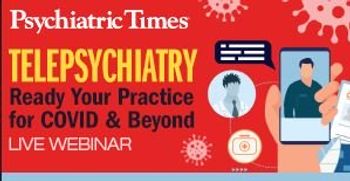
You are cordially invited to the Psychiatric Times Webinar, Telepsychiatry: Ready Your Practice for COVID and Beyond.

You are cordially invited to the Psychiatric Times Webinar, Telepsychiatry: Ready Your Practice for COVID and Beyond.

The use of technology that supports remote methods of communication, assessment, and mental health care has become more timely, and important for researchers to adopt, refine, and implement.

Many physicians thought we could not overestimate the value of having a patient’s full, in-person attention, nonverbal cues and all. In the current crisis, all of that seems quaint.
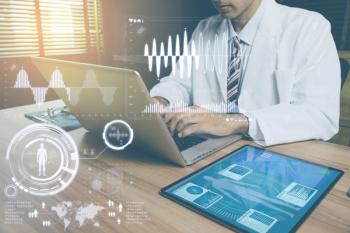
FaceTime, Skype, and other video chat functions are the new normal in the COVID-19 era, and allow this community psychiatrist serve the underserved.

Dr John Greden discusses many issues around college mental health and the upheaval the COVID-19 pandemic is causing in this population.
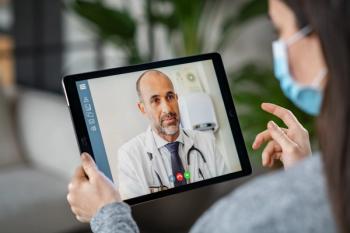
Within days of the COVID-19 pandemic, students scattered from campus to locations around the country, and their psychiatric care was interrupted at a time when they needed support more than ever.

Practical tips to help clinicians get started or to hone skills in telepsychiatry.

Psychiatry is being thrown, ready or not, into the world of telemedicine. Here you will find lessons, tips, and answers to common questions from psychiatrists who have successfully taken the leap.

In what seem like ancient times “BCV” (before coronavirus), there was a more slowly growing scourge for physicians and other health care workers: burnout.

The current COVID-19 pandemic has raised a number of issues related to the role and importance of psychiatrists compared with medical colleagues at this time of widespread illness and massive changes.

A number of factors affect treatment adherence, including the therapeutic alliance, perceived perceived lack of control, risk of dependence on medications, stigma associated with medication use, and more.
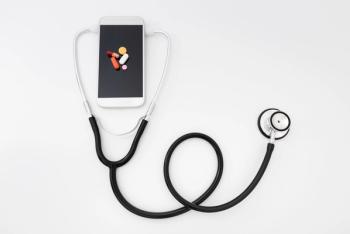
Psychiatrists are exploring ways to best serve their patients while complying with the medicolegal restrictions of the coronavirus. Here: approaches to best leverage telemedicine for patients with ADHD.
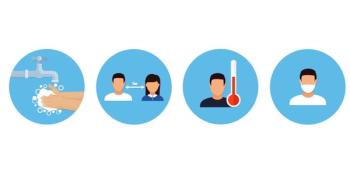
Many of us are now managing outpatients via phone and telecommunication. While the transition has been relatively painless, one can't help but wonder what the future will bring.

Based on recent data, it is looking more and more like the answer may be that social media is not particularly beneficial for most of us.

There appears to be some confusion regarding the efficacy of aripiprazole in bipolar mania and depression and for preventing bipolar episodes.
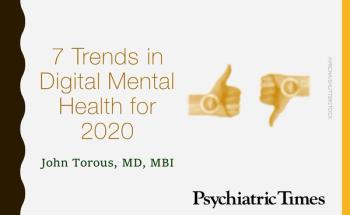
It has been a busy year for digital mental health. While no one knows what 2020 will bring, some themes are sure to continue to shape the field.
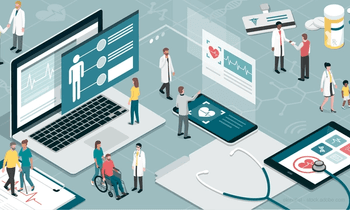
Excitement in digital health is growing due to rapid advances in artificial intelligence, data science, and smart devices. How will the growing number of mental health technologies impact clinical practice? Arshya Vahabzadeh, MD provides insights.

Telepsychiatry has its origins in the 1950s and has moved from an esoteric curiosity to mainstream practice. However, it has been challenged along the way at many turns.

Results of the first global survey of psychiatrists on the impact of future autonomous technology.

While conversational agent technology is growing rapidly, the various technologies (chatbots) might not yet be fully equipped to help patients with clinical needs.

Among the innovations presented at the 2019 APA meeting: voice analytics for detecting and monitoring mood, and smartphone and web-based passive data as a digital biomarker for mental health disorders.
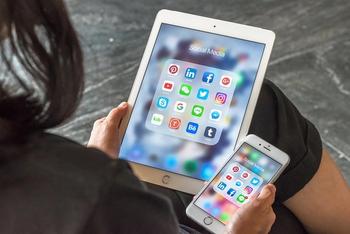
How safe and effective are mental health apps? What’s the impact of social media on youth? Insights here from presenters at APA 2019.

All together, right now, no matter what it takes-only this attitude can unite our response to the climate catastrophe that is the imminent consequence of our many small everyday actions.

The challenges of using social media can be as numerous as the benefits.
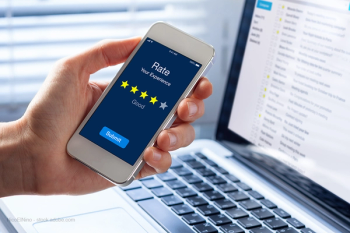
The Internet has transformed the way we get information. It is no surprise that finding health information online is a common activity.